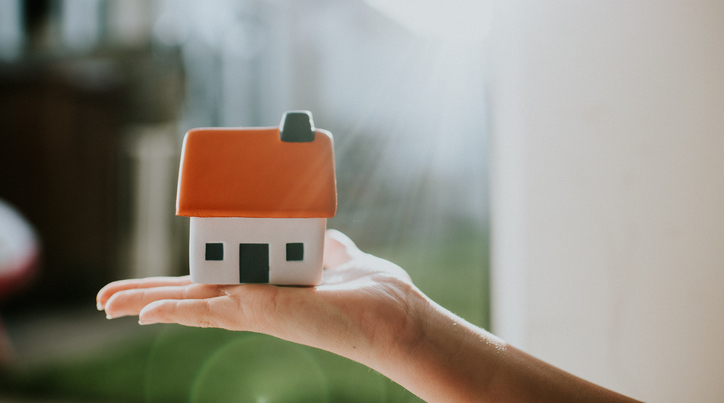First Home Guarantee Scheme

What is the First Home Guarantee Scheme?
Is this your first time purchasing a home? Then, you might be eligible for the First Home Guarantee scheme!
What is the First Home Guarantee Scheme?
The First Home Guarantee Scheme (FHBG) is an initiative of the Australian Government designed to help first-home buyers enter the property market.
Under the FHBG, the National Housing Finance and Investment Corporation (NHFIC) guarantees part of a first home buyer’s home loan from a participating lender. This means that the buyer can purchase a home for a deposit as low as 5% without the need to buy Lenders’ Mortgage Insurance (LMI).
The buyer can borrow up to 95% of the property value, while the NHFIC guarantees up to 15% of the loan.
Up to 35,000 homes are up for grabs every year until the FHBG scheme expires on June 30, 2025.
What property can I buy under the FHBG?
The First Home Guarantee Scheme only applies to residential properties. For a property to qualify for the program, it must be:
- A house and lot combo.
- An existing house, apartment, or townhouse.
- Vacant land with a home builder contract.
- An off-the-plan apartment or townhouse.
Who can apply for a First Home Guarantee loan?
You may be eligible for the federal FHBG scheme if you meet the following criteria:
- First-home buyers who have never owned a residential property.
- At least 18 years old with a valid Medicare card or Defence ID.
- Must be an Australian citizen.
- If buying together, they must be married or in a domestic relationship.
- Must have an annual income of less than $125,000 for individuals or $200,000 for couples as stated in last year’s ATO Notice of Assessment.
- Must have a deposit of at least 5% of the property value.
When applying for the FHBG scheme, you must present a contract of sale and a building contract with specific signing dates.
First Home Guarantee property price cap.
FHBG applicants can purchase any property within the price cap set by each state or territory in Australia.
Here is a table of how much you can spend on your first home under the FHBG scheme.
| Area | Property Price Cap |
| New South Wales – within the capital city and regional centre | $900,000 |
| Rest of New South Wales | $750,000 |
| Victoria – within the capital city and regional centre | $800,000 |
| Rest of Victoria | $650,000 |
| Queensland – within the capital city and regional centre | $700,000 |
| Rest of Queensland | $550,000 |
| Western Australia – within the capital city | $600,000 |
| Rest of Western Australia | $450,000 |
| South Australia – within the capital city | $600,000 |
| Rest of South Australia | $450,000 |
| Tasmania – within the capital city | $600,000 |
| Rest of Tasmania | $450,000 |
| Australian Capital Territory | $750,000 |
| Northern Territory | $600,000 |
| Jervis Bay Territory and Norfolk Island | $550,000 |
| Christmas Island and Cocos (Keeling) Islands | $400,000 |
Advantages and Disadvantages of the First Home Guarantee Scheme
Buying your first home under the FHBG program has two main benefits.
- Avoid paying the LMI. When buying a home, you are typically required to buy lenders’ mortgage insurance (LMI) if your deposit is less than 20% of the property value. This means that for a $700,000 property with a 5% deposit, you must pay as much as $28,000 for the LMI. However, under the FHBG, you avoid paying the LMI altogether since the federal government will guarantee up to 15% of the purchase price.
- Low deposit. Saving for a 20% deposit can take forever for some people, depriving them of a chance to finally own a home. The FHBG scheme makes it possible for you to own your first home sooner with only a deposit of 5%.
Unfortunately, there are also two disadvantages to buying a home through the First Home Guarantee program.
- Higher interest. Since you are buying a home with only a 5% deposit, you will need to borrow a bigger amount from a participating lender. This means you will also have to pay higher interest over the life of the loan.
- Property price fluctuations. The property market has its highs and lows. That will not be a problem if you plan to hold onto your property long-term. But if you decide to sell and prices fall, you could end up owing more than you own.
Looking to buy your first home? Check out our home loan comparison to find the best interest rates on the market.




